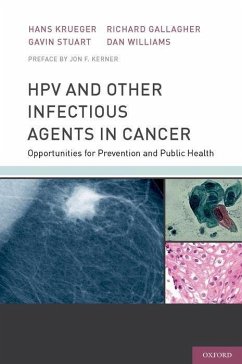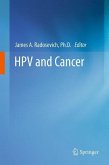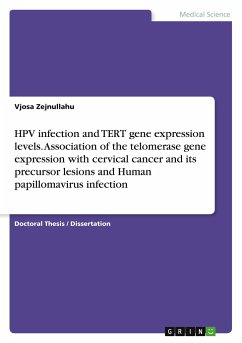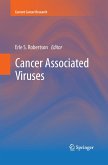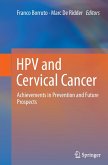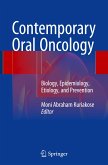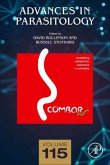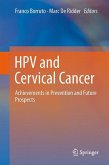After considering the aging population in developed countries, it has become clear to physicians and public policy administrators that prevention of cancer must play a more important role in national anti-cancer policy than it has in the past. The recent introduction of an HPV vaccine, coupled with discoveries concerning the relationship of H. pylori and cancer has brought the role of infectious agents in cancer into sharp focus in the medical community. While interest in the subject has grown, no single source existed to bring clinicians up-to-date on developments in disease mechanisms, population-based risk assessment and policy considerations in the field of cancer prevention. In this current and comprehensive text the authors review the basic science and clinical implications of individual infectious agents, while going beyond a mere update of the literature to offer insights on the current emerging prevention possibilities. This prevention perspective is what makes this particular text so valuable to researchers, epidemiologists, health care policy makers and oncologists. The discussion is organized to highlight the vital role of primary cancer prevention, and suggest directions for future research, practice and policy. Since HPV continues to be at the center of interest in the arena of infectious agents and cancer, the authors frame the majority of their discussion on this now-famous virus. The sheer volume of literature related to this virus and its many related cancers, and the burgeoning research on the development and implementation of a prophylactic vaccine necessitates a much fuller review of this infectious agent. Therefore, the book is roughly divided into two equal parts: one part devoted to HPV and another part devoted to five other prominent infectious agents in cancer.
The introduction of new HPV vaccines has garnered much research and media attention to the role of infectious agents in cancer. This current and comprehensive text provides an excellent review of the basic science and clinical implications of individual infectious agents in cancer. Covering HPV and five additional infectious agents, this text goes beyond a mere update of the literature to offer insights on the emerging possibilities for cancer prevention.
The introduction of new HPV vaccines has garnered much research and media attention to the role of infectious agents in cancer. This current and comprehensive text provides an excellent review of the basic science and clinical implications of individual infectious agents in cancer. Covering HPV and five additional infectious agents, this text goes beyond a mere update of the literature to offer insights on the emerging possibilities for cancer prevention.

